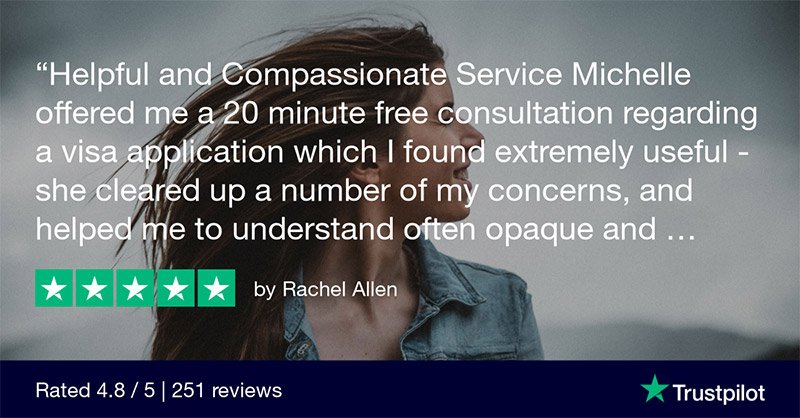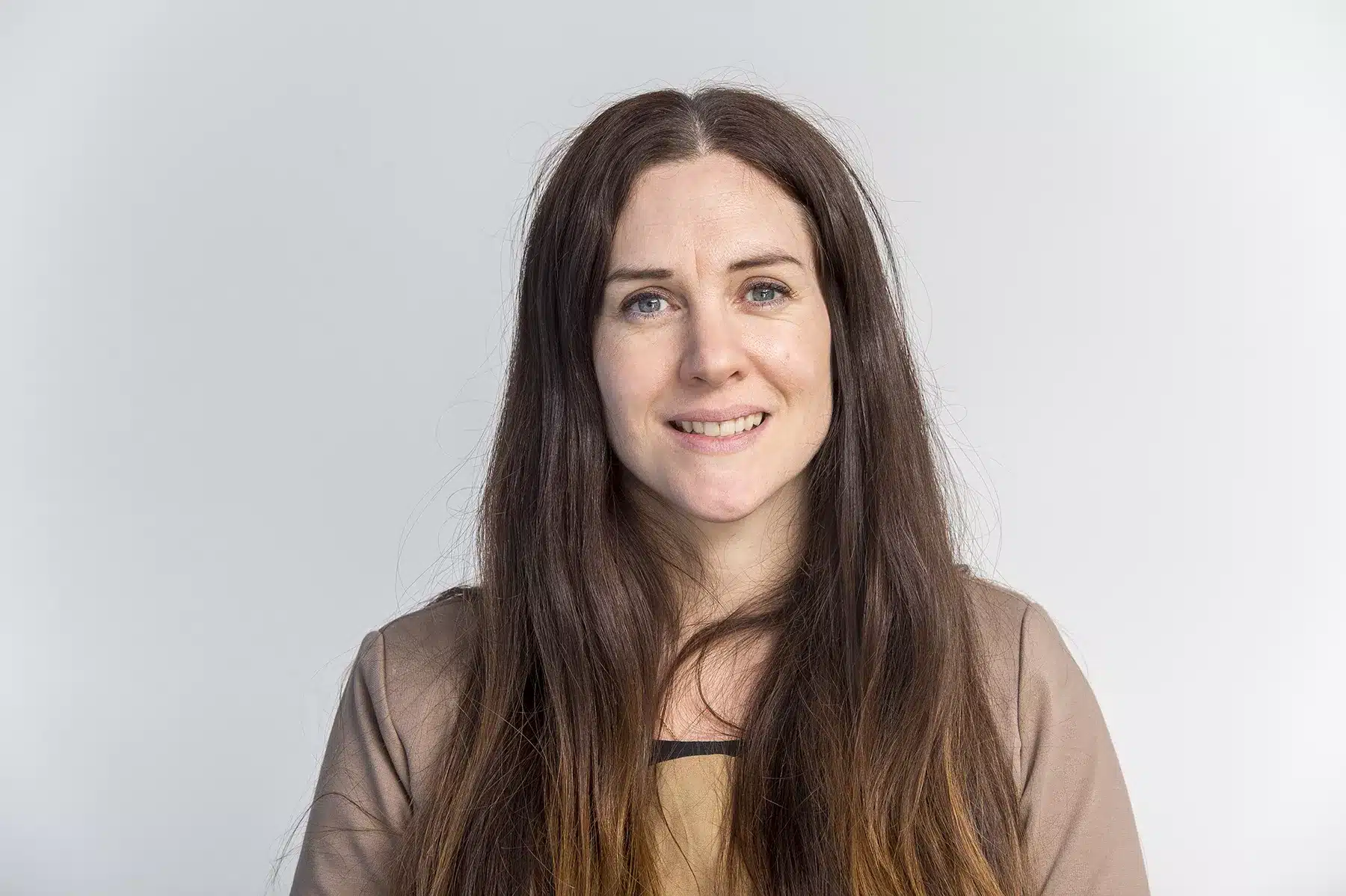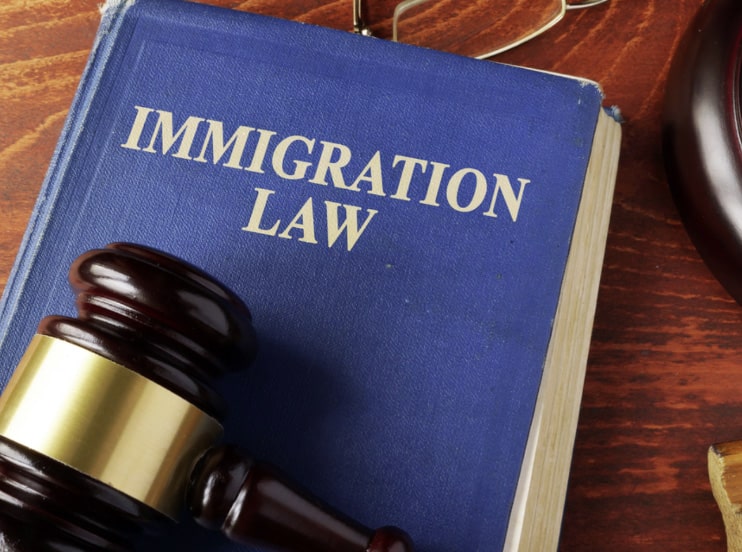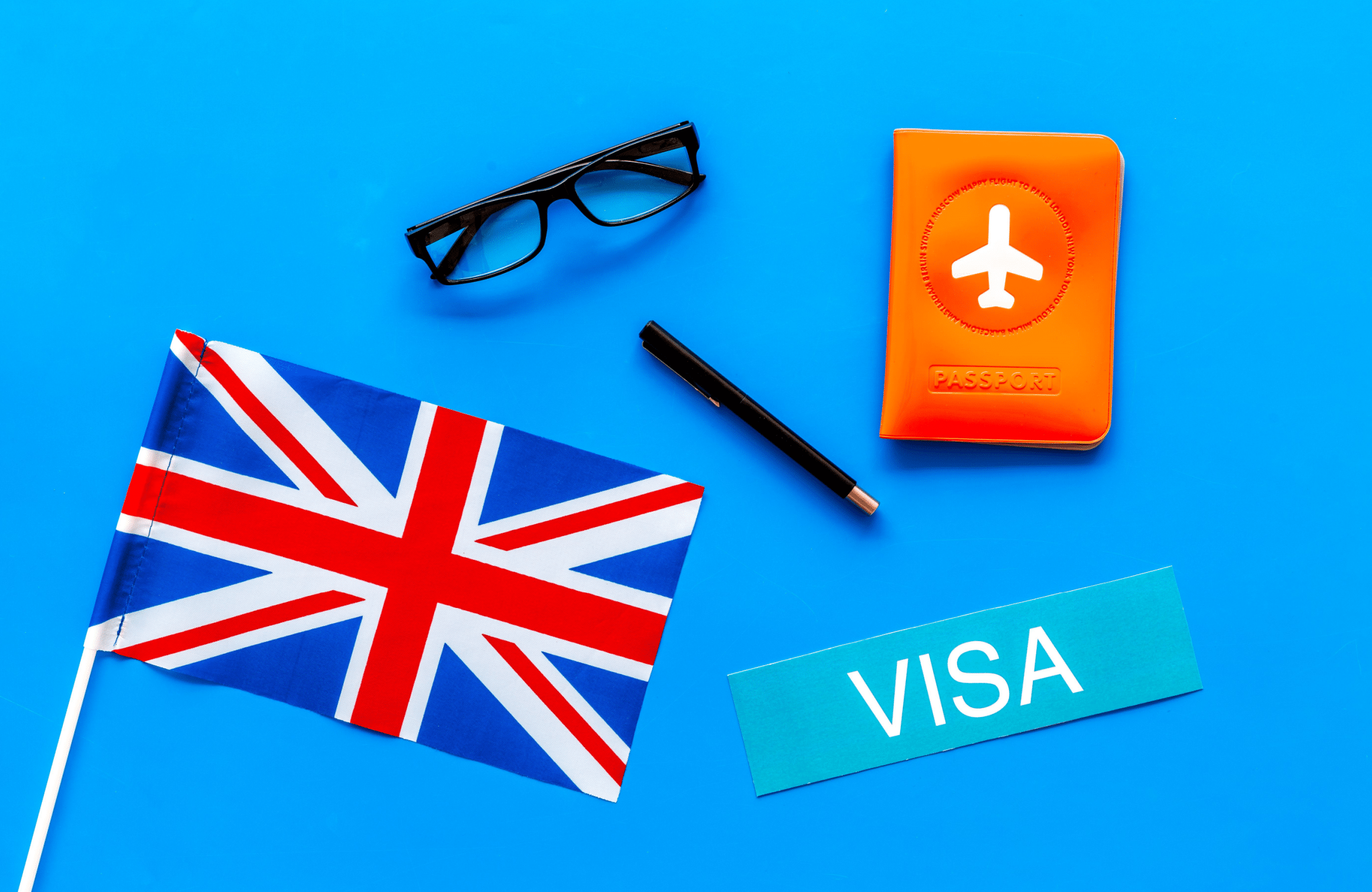If you are looking to come to the UK for a visit, then you can stay for up to six months. If you are from a certain country, then you will be exempt from having to first obtain a Visitor visa. People from these countries are classed as non-visa nationals.
Everyone else is a visa national and required to first obtain a Visitor visa before entering the UK. A list of countries on the Visa National List is available here.
You should be aware of the tight restrictions in terms of what you can do whilst in the UK on a Visitor visa. Most of the activities you can do on a Visitor visa come under the General Visitor category of Visitor visa. However, for some types of activities you will need to get a special type of Visitor visa.
Family, tourism, leisure – General Visitor
If you are simply coming to the UK to visit family or friends, or simply to the see the sights of the UK, then as a visa national you will need to obtain a standard General Visitor visa.
You can expect your circumstances to be rigorously examined by an Immigration Officer. This is particularly the case if you are from certain countries which are considered by the Home Office to be ‘high risk’, either due to political/social/economic instability or due to there being a perception that individuals from certain countries will abscond.

The Home Office is not supposed to discriminate based on nationality, yet our experiences suggest that an individual from, say, Pakistan or Iran, will have a far harder time getting a Visitor visa than an individual from the USA.
Business Visitor – General Visitor
Often referred to as ‘Business Visitor Visas’, individuals looking to come to the UK to undertake certain business activities can do so under a General Visitor visa.
Under this visa, individuals can undertake ‘general business activities’ in the UK, including attending meetings, conferences, seminars and interviews
Individuals can also undertake ‘Intra-corporate activities’. This covers an employee of an overseas company undertaking certain activities on a specific internal project with UK employees of the same corporate group.
Work-Related Training Visa – General Visitor
This covers graduates from overseas medical, dental or nursing schools undertaking activities such as a clinical attachment or dental observer post
Study Visa – General Visitor
You can use a Study Visa to study in the UK for a short-term basis of up to 30 days. Study should not be the main purpose for which you are visiting the UK.
Permitted Paid Engagements Visa
If you want to come to the UK to undertake a Permitted Paid Engagement then you will need a distinct visa called a Permitted Paid Engagements visa.
Permitted Paid Engagements include qualified lawyers, visiting examiners or assessors, and visiting lecturers.
Marriage or Civil Partnership Visa
If you want to enter the UK in order to get married, or enter a civil partnership, then you will need a distinct type of Visitor visa: a Marriage Visitor Visa.
Medical Treatment Visitor Visa
If you want to come to the UK to receive private medical treatment then you will need a specific visa called a Medical Treatment Visitor Visa.
Why choose Truth Legal?
The immigration team has extensive experience helping immigration clients achieve positive outcomes. We are dedicated to our clients, offering exceptional support and specialist knowledge to assist your case.
Truth Legal prides itself on its client care, providing clear and understandable information without jargon: practical advice tailored to your personal circumstances. We understand that immigration matters can be stressful, but we are here to make the process as smooth as possible, right up until you are holding that visa in your hand.



















